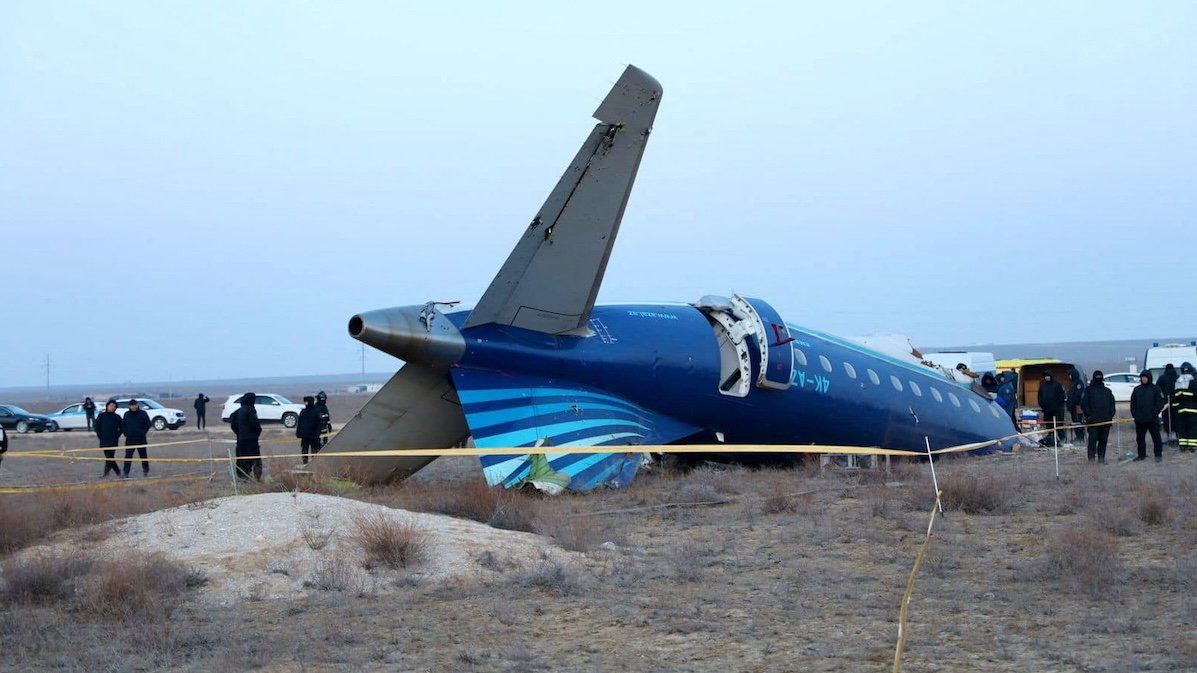Finnish authorities on Thursday seized a Russian oil tanker suspected of sabotaging an undersea electricity cable linking Finland and Estonia earlier this week.
The connection, along with several other data lines, was cut on Wednesday, and Finland thinks the tanker, part of a “shadow fleet” that carries sanctioned Russian oil products, was involved.
The sabotage is the latest geopolitical drama to play out on the Baltic Sea floor, where a number of cables have been cut or damaged recently. In November, unknown actors ripped up a Finland-Germany communications cable. A year earlier, a Chinese container ship dragged its anchor through a Finland-Estonia gas pipeline. And the mystery of the Nord Stream 2 explosions in 2022 remains unresolved.
If a state actor is behind these incidents, it poses a big challenge: All of the countries affected are NATO members – how should the alliance respond? Are these sabotages … acts of war?
Meanwhile, in other Russia-related news: Initial probes suggest the Azerbaijani commercial airliner that crashed in Kazakhstan on Wednesday, killing 38 people, was brought down by Russian anti-aircraft fire.
The plane, which took off northbound from the Azerbaijani capital of Baku, hit trouble over the southern Russian region of Chechnya before careening out across the Caspian Sea and crashing in Kazakhstan. Miraculously, several people survived.
Russia initially blamed a flock of birds, but those “birds,” it seems, may have been air defenses meant to counter Ukrainian drone strikes. Moscow had evidently failed to close the airspace covered by the systems, which locked onto the Azerbaijani plane.
It’s happened before. This year marked a decade since Russian-backed separatists in eastern Ukraine shot down Malaysian Air Flight MH17, killing all 298 people aboard, most of them from the Netherlands. Moscow
has never admitted fault or faced justice for that.
